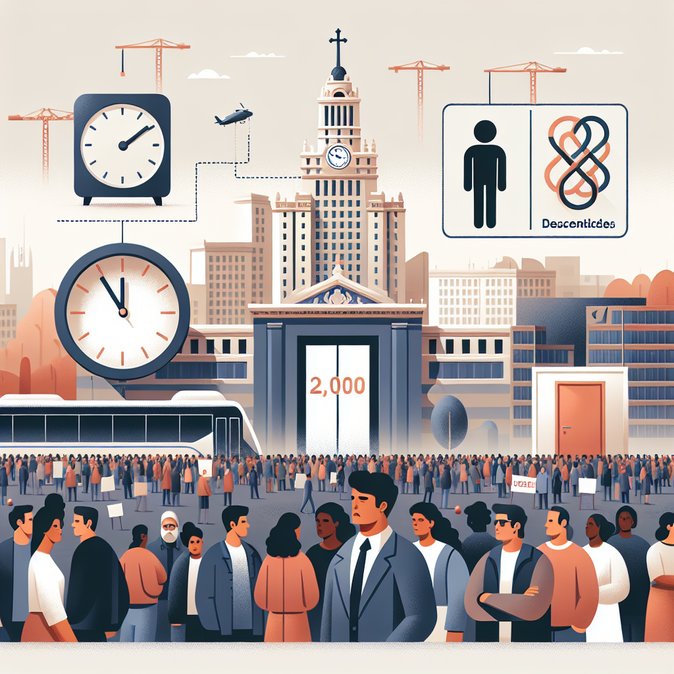
Just two days after activists took to Madrid’s streets, the Ministry of Inclusion quietly published a ministerial order launching Spain’s most ambitious immigration modernisation in a decade. From Q1 2026, a single national portal – dubbed ‘MiResidencia’ – will allow all initial residence-permit and renewal applications to be filed, paid and tracked online, replacing the patchwork of province-by-province websites and in-person submissions.
Key features include end-to-end e-signature, automatic document verification against police databases, and a central dashboard that lets applicants – or their lawyers – see real-time status updates. The government has budgeted €78 million for the rollout and authorised the hiring of 1,200 temporary clerks to backstop the transition.
![Spain Launches One-Stop Digital Residency Portal to Cut Permit Backlogs]()
For global mobility teams the implications are significant. Companies will no longer need to courier hard-copy files across Spain or fight for scarce appointment slots. Officials estimate average processing times for highly-qualified work permits could drop from 90 to 45 days once the system stabilises. However, consultants warn of a ‘grey zone’ in 2026 when legacy paper applications and new digital files coexist, creating room for confusion.
Immigration advisers recommend that HR departments audit existing documentation, adopt secure e-signature tools and budget for potential dual-filing costs in the early months. They also stress strict data-privacy compliance, as biometric information (fingerprints and facial scans) will be uploaded directly to police servers.
The digital overhaul dovetails with Spain’s wider strategy to position itself as Southern Europe’s tech-talent magnet. If successful, it could restore confidence among employers rattled by recent backlogs and cement Spain’s reputation as a flexible, business-friendly relocation hub.
Key features include end-to-end e-signature, automatic document verification against police databases, and a central dashboard that lets applicants – or their lawyers – see real-time status updates. The government has budgeted €78 million for the rollout and authorised the hiring of 1,200 temporary clerks to backstop the transition.

For global mobility teams the implications are significant. Companies will no longer need to courier hard-copy files across Spain or fight for scarce appointment slots. Officials estimate average processing times for highly-qualified work permits could drop from 90 to 45 days once the system stabilises. However, consultants warn of a ‘grey zone’ in 2026 when legacy paper applications and new digital files coexist, creating room for confusion.
Immigration advisers recommend that HR departments audit existing documentation, adopt secure e-signature tools and budget for potential dual-filing costs in the early months. They also stress strict data-privacy compliance, as biometric information (fingerprints and facial scans) will be uploaded directly to police servers.
The digital overhaul dovetails with Spain’s wider strategy to position itself as Southern Europe’s tech-talent magnet. If successful, it could restore confidence among employers rattled by recent backlogs and cement Spain’s reputation as a flexible, business-friendly relocation hub.


